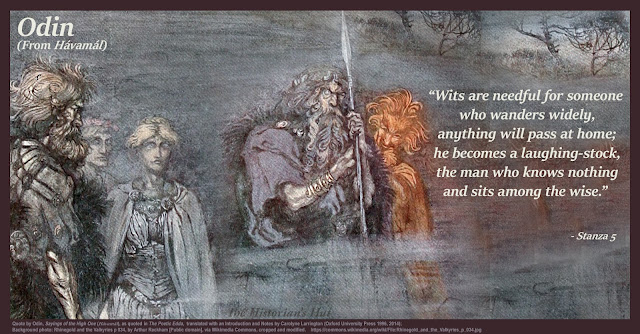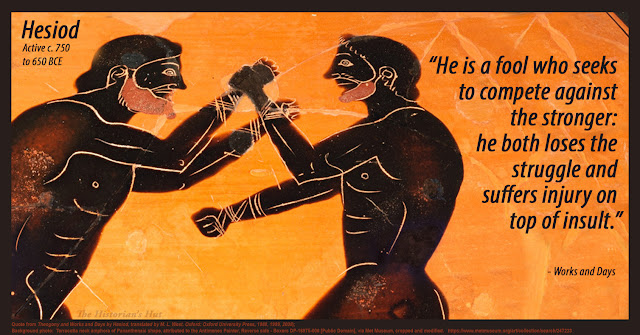Livy (c. 59 BCE-17 CE)
"Are we never to make changes? Because a thing had not been done before--and in a young country there are lots of things which have not been done before--is that a reason for never doing it, however great the benefits it may bring?"
- From a speech attributed to the tribune Canuleius by Livy in the History of Rome (Book 4, chapter 3), translated by Aubrey de Sélincourt. New York: Penguin Classics, 2002.
Check out other Livy quotes, HERE.
Take a look at other Roman quote pictures, HERE.
Glance through the ancient quote picture section, HERE.
Return to the quote picture page, HERE.



















